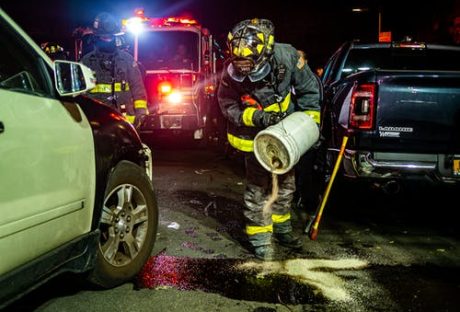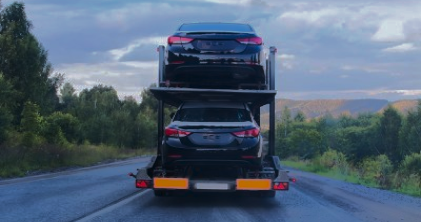Truck accidents are presumably the most fatal crashes since they involve large vehicles. The accident can damage the vehicle and cause injuries like spinal injury, broken bones, head injuries, scarring, and more.
If you or your loved ones are involved in a truck crash, the first step of the legal process should be fault determination. Otherwise, it will be hard to get compensation. You must prove that the other party was negligent and is responsible for your damages. And this makes it vital to hire an accident attorney.
Contents
What affects fault after truck accidents in Arizona?
1. The cause of the accident
A Peoria Truck Accident Attorney will tell you that various factors contribute to truck accidents. These may include negligence, drunk driving, faulty vehicles, reckless driving, and many more. For factors like drunk driving and reckless driving, you’ll not only get compensated, but the driver may spend years in jail.
2. The number of parties at fault
There may be one or more parties responsible for the accident. For instance, if different drivers play a role in causing the accident, this may complicate the case. Also, the cargo company may be liable for improper maintenance of the vehicle. Similarly, cargo loaders may be at fault for not securing the load as required.
Shared fault is whereby both parties are responsible for causing the accident. You can still file a compensation claim in Arizona if you bear the responsibility of causing the crash. However, you’ll qualify for a lesser settlement amount than you would if you weren’t liable. Also, the attorney will scrutinize all the evidence to justify that the other party is responsible.
What are the common types of evidence in truck accident cases?
- Truck driver logs showing the number of hours the driver was on duty before the accident.
- Electronic logs from the truck’s data recorder, the device records various details about the truck. These can be, for instance, a GPS position, speed, driver inputs, engine operation speed, engine operation, and camera footage.
- Results from alcohol or drug tests performed on the truck driver after the accident.
- The load manifest which shows the type of cargo in the truck and how it was loaded.
- Truck inspection & maintenance records to ascertain the condition of the vehicle
- Eyewitness statements
- Surveillance camera videos
- Post-accident tuck inspection reports
What’s the role of the insurance company in fault determination?
Following the truck accident, you will most likely begin the process of seeking financial compensation for your injuries and losses by filing a compensation claim with the drivers’ insurance company.
The insurers’ decision on whether or not to compensate is contingent on their determination of liability for the accident. If the insurance company determines that the other party wasn’t liable for the accident, your claim will be denied.
Wrapping up
Truck accident cases are complex, and you can only improve your likelihood for compensation by hiring a skilled truck accident attorney. The professional will gather adequate evidence to prove you deserve compensation for the damages.
Read Also:























